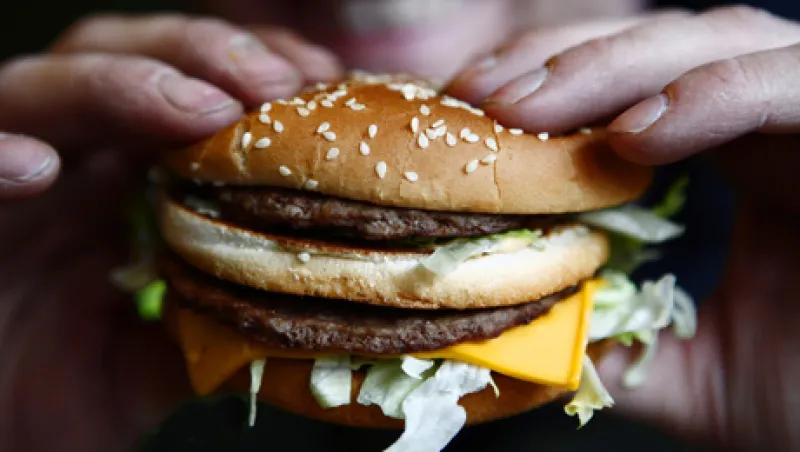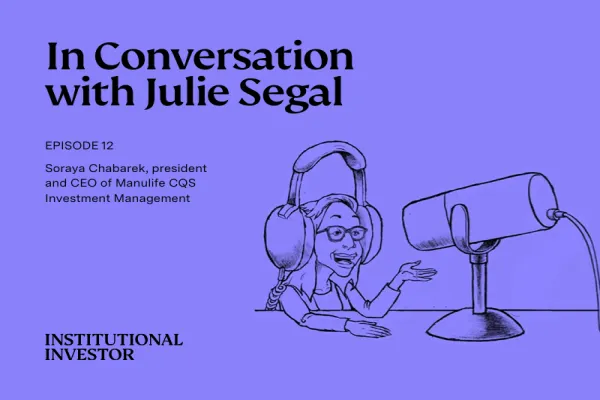When veteran investor Parag Saxena decided to join the raft of private equity firms investing in fast food chains in India, he made a calculated bet that an indigenous food chain, serving up homegrown vegetarian fare, would prove more profitable in the long-run than a McDonald’s or KFC, however ‘Indian-ized’ its Western grub.
The stakes of Saxena’s wager are high. India’s $13 billion fast food industry, led largely by internationally recognizable Western brand names, is growing at a rate of 30 to 35 percent per-year, according to 2011 reports by RNCOS and Research and Markets.
In April, New York-based New Silk Route Growth Capital, a $1.4 billion private equity firm co-founded by Saxena in 2006, acquired a majority stake in Vasudev Adiga, a fast food line with 12 restaurants in and around Bangalore. The Asia-focused private equity firm plans to develop 20 Adiga stores within the state of Karnataka and other neighboring states by the end of the fiscal year, in March 2013, while developing 40 to 50 stores nationally over the next three years. The original investment came out of a $100 million holding company NSR set up to invest in Indian food and beverage firms, the first of which was Café Coffee Day in 2010. NSR invested approximately $75 million in the coffee company, which now boasts 1,300 stores in over 120 Indian cities, making it the largest chain in India.
When NSR was looking at food chains to invest in for its next venture, it wanted to find “something that could do well nationally,” says Saxena, NSR’s current CEO and the former CEO of Invesco Private Capital, one of the original backers of Starbucks.
“Vegetarian fare is very popular in India,” says Saxena, who met with close to 50 Indian fast food chain groups before settling on Adiga. Saxena’s selection process took note of four factors: market segment, management, valuation, and product offering. Essentially, he wanted a chain that would offer “quick, reasonably priced meals”; a company willing to add or replace management based on what NSR saw fit; a chain that had potential to expand; and cuisine that would have a national appeal, be it southern, classic northern (what is largely served at Indian restaurants in the West); or Indian Chinese food.
NSR was close to a deal with Ohri, a fast food chain serving northern Indian cuisine, but the company, a family operation, ultimately did not want to have their business strategy dictated by an outside investor, Saxena suggests. In the end, Adiga won out because of “expedience.” It was the company most willing to add or replace management and had a “scale that can be meaningful, a balance of valuation and growth,” says Saxena.
Adiga serves traditional south Indian food, including dosa, crispy pancakes made with rice and lentils, and puris, deep fried Indian bread — what Saxena calls “fried carbohydrates with carbohydrates on the side.” Adiga was an attractive investment, Saxena explains, because there is a “growing need for prepared food” in a country where people have traditionally relied on home cooked meals, shared with generations of family members. Saxena cites three factors driving this burgeoning need: the breaking down of large, extended families living under one roof, coupled with the fact that young Indians are increasingly willing to move away from their families; that women — the customary chefs in the Indian home — have been entering the workforce; and the growing urbanization of Indian society.
NSR is by no means the first private equity firm to invest successfully in indigenous Indian food chains. In 2008, the Google-backed Erasmic Venture Fund invested in Bangalore-based Kaati Zone’s expansion. Meanwhile, in 2011, New York-based India Equity Partners bought a majority stake in northern India-based Sagar Ratna.
Both Hong Kong- and Delhi-based SAIF Partners and Bengal-based Glix Securities, in 2007 and 2010 respectively, invested in Specialty Restaurants, which oversees several popular food chains across India, including Oh! Calcutta, Mainland China, and Sigree. In total, Speciality operates 82 outlets across eleven brands. The company launched a $34 million initial public offering in May, and is one of the “kind of a models we are heading towards,” says Saxena.
Specialty is the second operator of Indian food chains to go public, following the 2010 $22.7 million IPO of Jubilant Foodworks, the sole operator of Domino’s Pizza in India. JP Morgan and India Private Equity Fund — a joint venture between Chase Capital Partners and Oppenheimer — sold their combined 31 percent stake in Jubilant following the offering, with returns nearly five-times their original investment.
Saxena concedes that the rapidly expanding Western chains in India — including Domino’s, KFC, McDonald’s, Pizza Hut, and Subway — have certain advantages over the homegrown fast food variety. Most crucially, Saxena says, the Western companies “know how to multiply rapidly,” to replicate and scale up. But, he cautions, they “may or may not have the right blend of food” for Indians or “be attuned to what Indian people eat every day.” He notes that it took six years for McDonald’s to refine its menu by serving chicken burgers, rather than Big Mac’s in a country that does not consume much red meat.
Still, there are numerous Western fast food chains throughout south and east Asia, including McDonald’s, that have ultimately been effective in catering to local palettes. “It’s really all about adaptation and understanding the local infrastructure and the local consumer,” says Peter Yu, managing partner at New York-based Cartesian Capital. The private equity firm last month announced plans with the Turkish Kurdoglu family to help Burger King open 1,000 new stores in China over the next 5 to 10 years. Cartesian and Kurdoglu invested in the Burger King franchise in Turkey in 2010, and have since opened over 650 restaurants there, by “including in the menu much spicier flavors in order to cater to Turkish tastes,” Yu says.
But Saxena believes his success with Cafe Coffee Day proves he has the winning business plan to make Adiga and other indigenous fast food chains a hit in India. According to Saxena, Adiga is comparatively “very inexpensive” to its Western competitors — it costs less than 30 cents for a dosa and a side dish of lentils, compared to about $3 for a McDonalds chicken burger. Ultimately, Saxena’s long-term bet is that the Indian “man on the street” will choose an Adiga over a McDonald’s. Explains Saxena, “It has less risk, with a cuisine for mass appeal.”






